AI Answer Evaluation Platform Live Now. Try Free Answer Evaluation Now
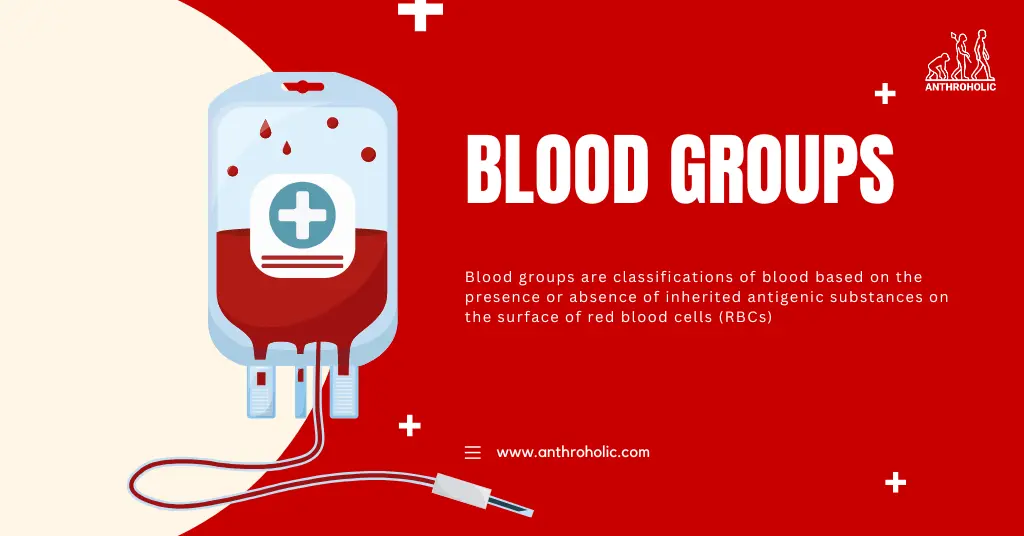
Blood Groups
Blood groups are classifications of blood based on the presence or absence of inherited antigenic substances on the surface of red blood cells (RBCs)
+91-7303290503, +91-9557169661 | MON to SUN 10:00 AM - 6:00 PM
"Exploring the Diversity of Human Culture: Insights from Anthropology"

Blood groups are classifications of blood based on the presence or absence of inherited antigenic substances on the surface of red blood cells (RBCs)
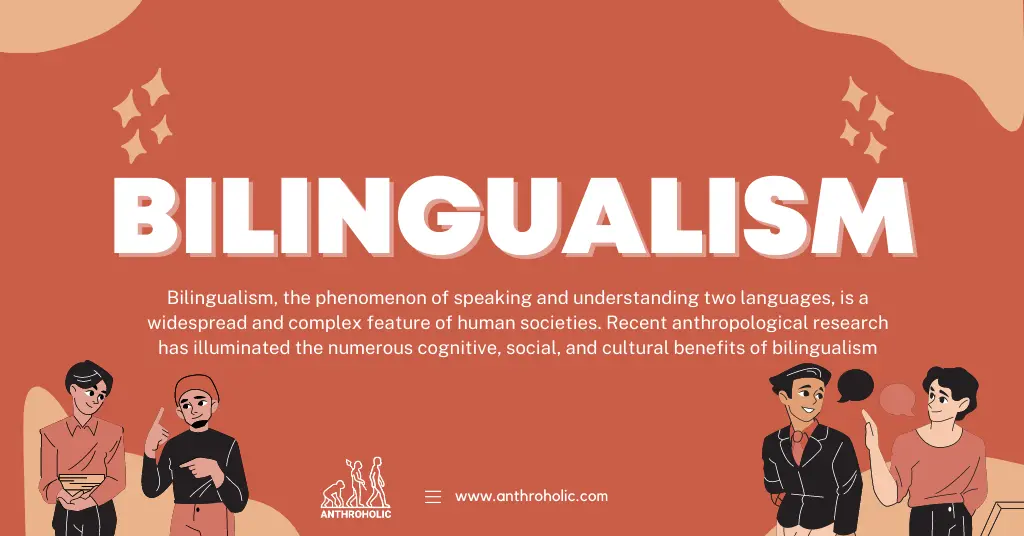
Bilingualism, the phenomenon of speaking and understanding two languages, is a widespread and complex feature of human societies. Recent anthropological research has illuminated the numerous cognitive, social, and cultural benefits of bilingualism.
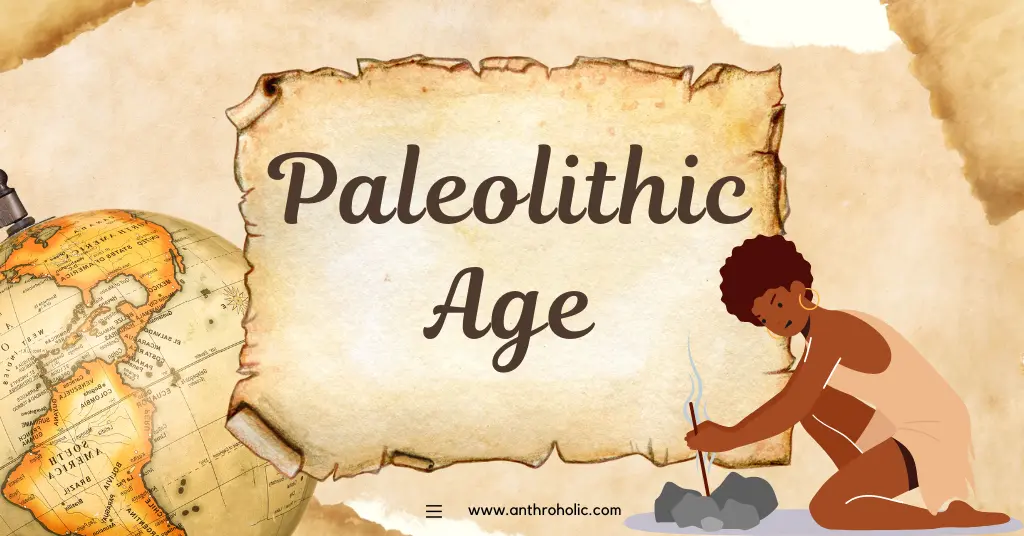
The Paleolithic Age, also known as the Stone Age, is characterized as the period of human history that began roughly 2.6 million years ago and ended around 10,000 BCE.

The Mesolithic Age, also known as the Middle Stone Age, is a significant period in human history. It is marked by considerable shifts in human lifestyle, particularly from a nomadic, hunter-gatherer existence to the beginning of settled life.
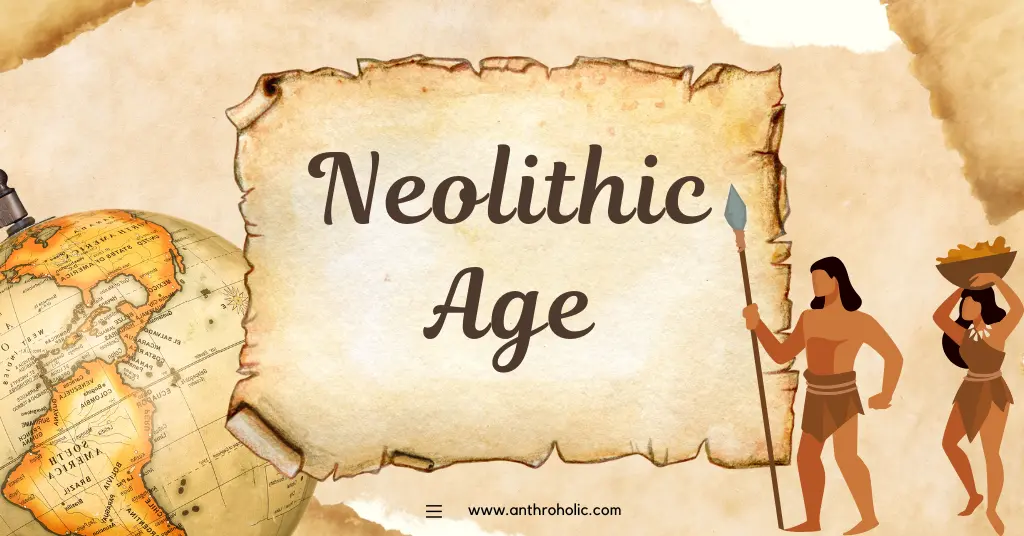
The Neolithic Age, also known as the New Stone Age, marked a significant era in human history. It spanned approximately from 10,000 BCE to 3,000 BCE, varying geographically.
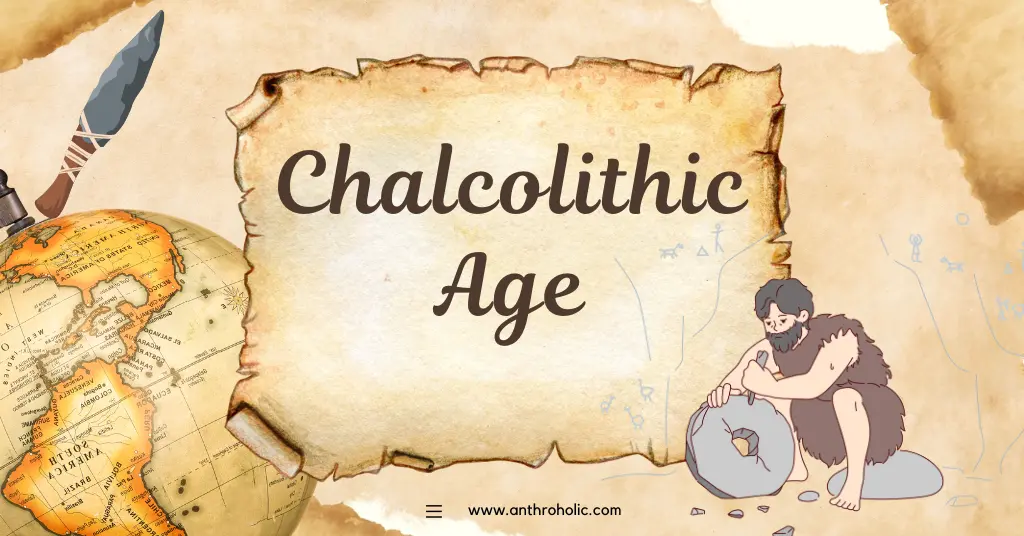
The Chalcolithic Age, also known as the Copper Age, is an archaeological period situated between the Neolithic (Stone Age) and the Bronze Age. The term "Chalcolithic" derives from the Greek words "khalkos" meaning copper and "lithos" meaning stone.
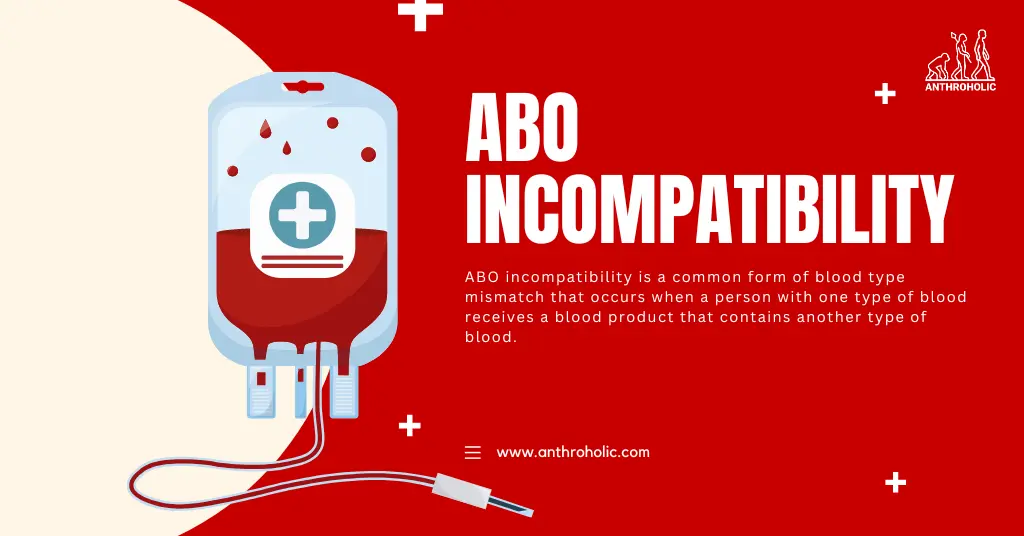
ABO incompatibility is a common form of blood type mismatch that occurs when a person with one type of blood receives a blood product that contains another type of blood.

The Bronze Age is an incredibly important period in human history. Named for the significant technological development of smelting copper with tin to create bronze, it was an era that brought forth complex societies, specialized labor, and interregional trade.

The Iron Age is a critical period in human history that marked significant advances in technology, civilization, and cultural expansion. This era, primarily defined by the use of iron as the predominant material for making tools and weapons, ushered in a new epoch of human development.

Culture is more than just art, music, and cuisine—it's an intricate tapestry of shared beliefs, values, and customs that knit communities together. The "Nature of Culture" varies from society to society, evolving and adapting with time and circumstance.
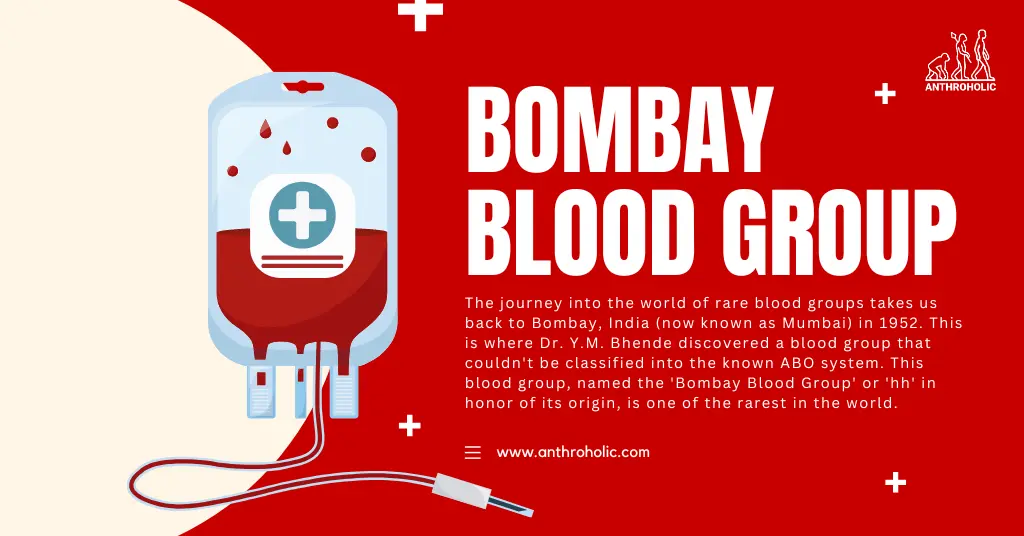
The discovery of the Bombay Blood Group has provided fascinating insights into the complexity of human genetics and blood types. While this blood group is extremely rare, those who have it can lead healthy lives by
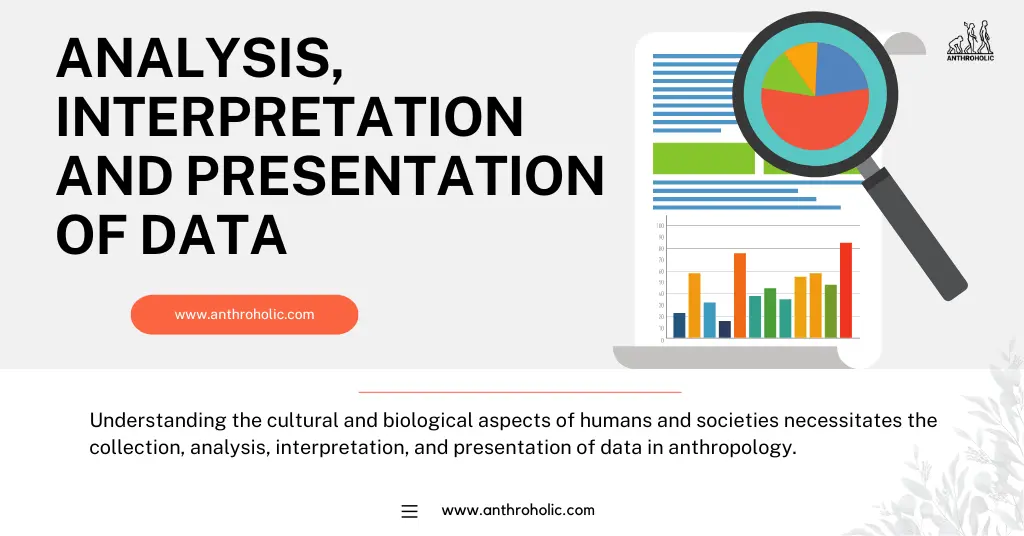
Understanding the cultural and biological aspects of humans and societies necessitates the collection, analysis, interpretation, and presentation of data in anthropology.